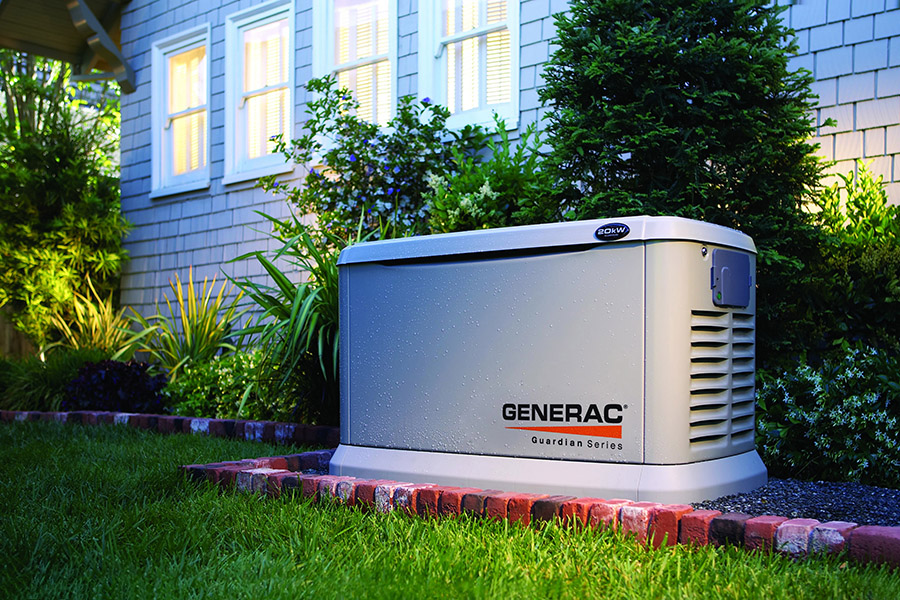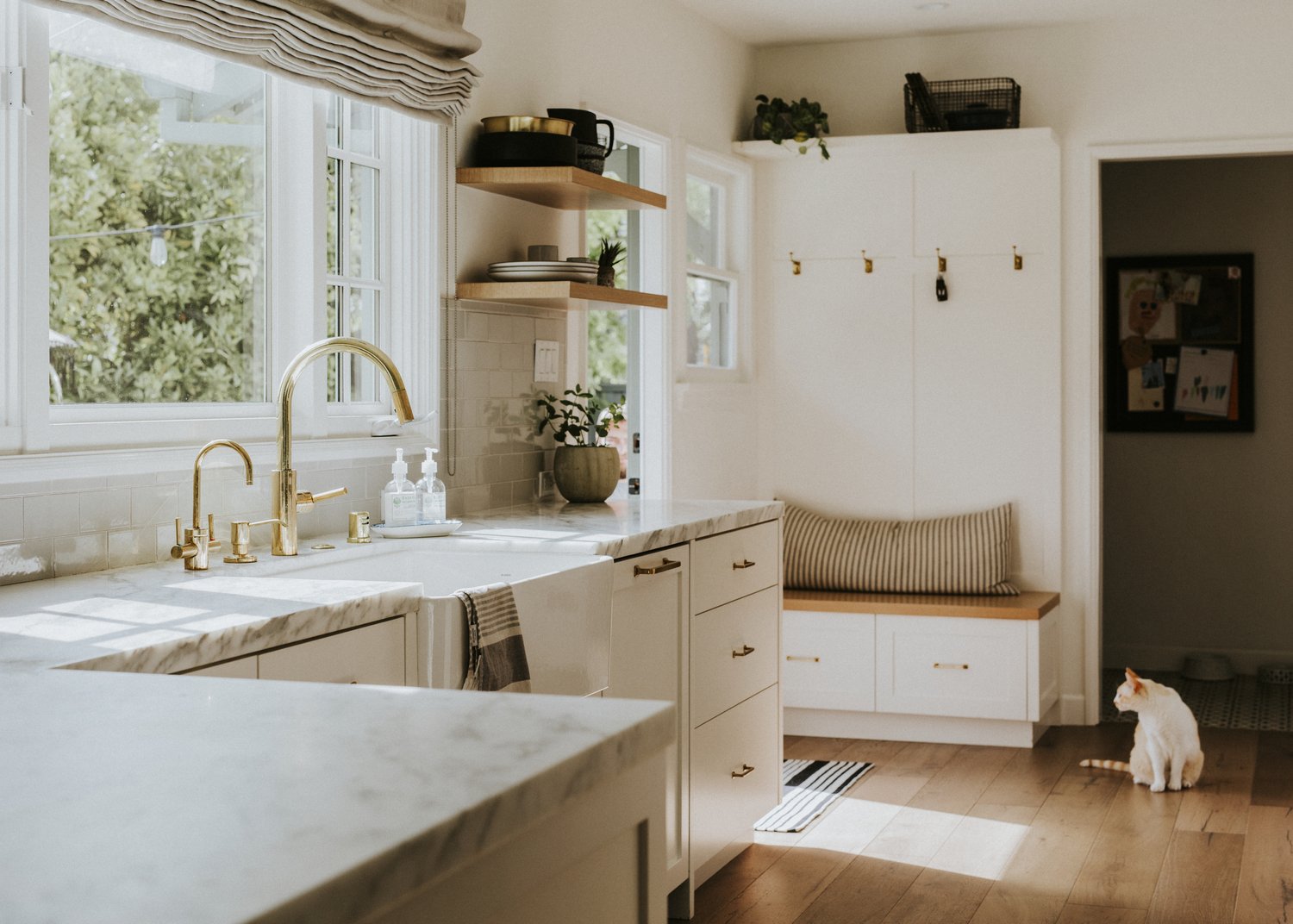Regular veterinary check-ups are not just about maintaining your pet's health – they're also crucial for preserving the overall well-being of your home environment. Many pet owners don't realize that preventative pet care directly impacts home cleanliness, comfort, and safety. From catching parasites before they infest your carpets to addressing behavioral issues before they lead to property damage, routine vet visits serve as a frontline defense for both animal and household health. This article explores how consistent veterinary care creates a healthier living space for everyone under your roof.
The Connection Between Pet Health and Home Cleanliness
The relationship between your pet's health and your home's cleanliness is more interconnected than you might think. Pets with undiagnosed health issues can unintentionally create hygiene challenges throughout your living space. For example, pets suffering from skin conditions often shed more, leaving excess dander and hair on furniture, carpets, and bedding. Animals with digestive problems might have accidents that are difficult to clean completely, leaving lingering odors. Additionally, pets with dental disease don't just suffer from bad breath – they can spread bacteria through saliva on toys, furniture, and even when licking family members.
Regular vet checkups enable early detection of these health issues before they escalate into problems that affect your home environment. During these appointments, veterinarians can identify subtle symptoms of conditions that might later manifest as cleanliness challenges. By maintaining consistent preventative pet care home environments stay fresher and require less intensive cleaning. This proactive approach saves both the emotional stress of dealing with a sick pet and the physical labor of managing the associated household messes.
How Vet Checkups Influence Pet Behavior in the Home
Behavioral issues in pets often have underlying medical causes that can be identified during routine veterinary examinations. A cat that suddenly stops using the litter box might have a urinary tract infection, while a dog that begins destructive chewing could be experiencing dental pain. Without proper diagnosis, pet owners might mistakenly attribute these behaviors to training failures or personality changes, leading to frustration for both the animal and family members.
The connection between vet checkups pet behavior improvements is significant. When animals feel well physically, they're more likely to demonstrate balanced, positive behaviors at home. Pain, discomfort, and illness can trigger aggression, withdrawal, inappropriate elimination, or destructive tendencies that impact your living environment. By maintaining regular veterinary care, you're not just addressing your pet's physical health – you're promoting behavioral wellness that contributes to household harmony.
Professional veterinarians can also provide guidance on behavior modifications and environmental enrichment that complement medical care. This holistic approach to pet healthcare ensures your home remains a comfortable space for all inhabitants, whether they walk on two legs or four. As experts at AskHomey often point out, a healthy pet contributes significantly to a healthy, happy home environment.
Preventative Care: Protecting Your Home From Parasites and Zoonotic Diseases
One of the most compelling reasons to maintain regular veterinary appointments is the prevention of parasites and diseases that can affect both pets and humans. Flea infestations don't just torment your pet – they can quickly spread throughout your home, requiring extensive treatment of carpets, furniture, and bedding. Tick-borne illnesses, intestinal parasites, and certain fungal infections can be transmitted from animals to humans, creating health risks for your entire household.
Comprehensive preventative pet care home protection plans typically include parasite screening, vaccinations, and preventative medications that create a barrier against these threats. Veterinarians can recommend appropriate preventative protocols based on your pet's lifestyle, your geographical location, and specific risk factors. These tailored approaches are far more effective and less disruptive than attempting to address an infestation or illness after it has become established in your home.
Regular screenings also catch parasitic infections in their early stages, before your pet begins shedding eggs or larvae that can contaminate your living environment. This early intervention preserves both pet health home cleanliness by stopping transmission cycles before they begin. The investment in preventative care ultimately saves substantial time, money, and distress compared to treating widespread household contamination.
Creating a Schedule for Optimal Pet Health and Home Maintenance
Establishing a consistent schedule for veterinary care allows for truly preventative rather than reactive pet healthcare. Most veterinarians recommend at least annual check-ups for adult pets in good health, with semi-annual visits for senior animals or those with chronic conditions. These regular assessments provide benchmarks for monitoring changes in your pet's health status that might otherwise go unnoticed.
Coordinating your pet's veterinary care with your home maintenance schedule creates an integrated approach to household wellness. For example, scheduling deep carpet cleaning after your pet's flea preventative treatments ensures maximum effectiveness of both procedures. Addressing seasonal allergies in pets before they lead to increased scratching and shedding helps maintain cleaner surfaces throughout your home.
This systematic approach to pet health home cleanliness maximizes the benefits of both veterinary care and household maintenance. By viewing these aspects as complementary rather than separate responsibilities, you create a healthier environment for everyone. Preventative care becomes a lifestyle rather than a series of reactions to problems after they've developed.
For more tips and to connect with reliable home service professionals, follow AskHomey on Facebook and Instagram.



